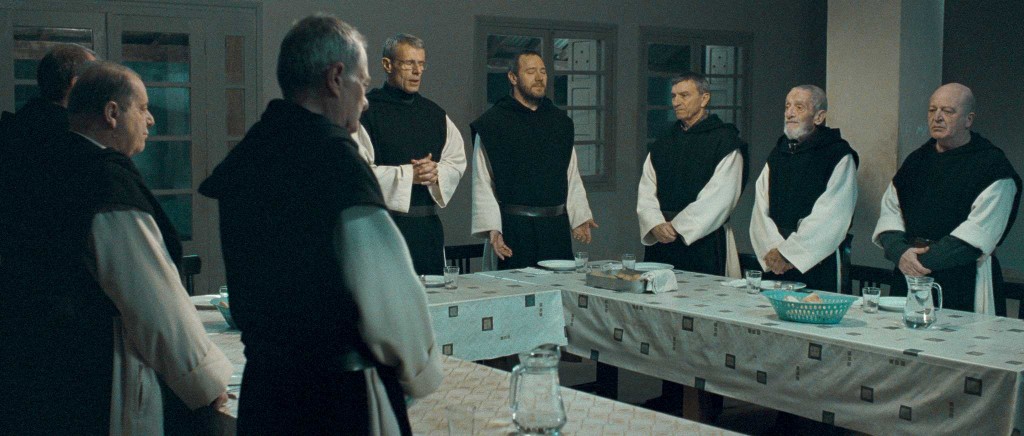There’s a lot of interesting discussion happening in the comments of my post on More and martyrdom. Yesterday, I highlighted a question Kewois asked about the moral choices that we don’t notice, and today I found another interesting question about More’s act from Jubal DiGriz:
Martyrdom in of itself is not a virtue. Moore’s unwillingness to bend and inability to transgress his own principles shouldn’t be what makes him a good man. What matters is what principles one is sacrificing for, whether those principles are worth upholding.
So, as a sincere question, what was Moore sacrificing himself for? A notion of fealty to the Church, or something else? What did his martyrdom accomplish?
I was trying to figure out how to tackle this, and then I realized that I might be diverging from Jubal one step farther back. The reason “What did his martyrdom accomplish?” was ringing weird to me is that, when I made the question slightly more general “What did his death accomplish?” it didn’t seem like a reasonable question to ask.
Most death isn’t meaningful. If I choke on my dinner tonight, it would be hard to make the case that I accomplished something on my way out. In fact, even if the coverage of my death meant more people reviewed the Heimlich, that wouldn’t impute any particular merit to me. I could probably go on for a whole separate post on how the rhetoric of ‘successful,’ ‘goal-accomplishing’ death screws up our medical system and puts an unreasonable burden on cancer patients (luckily, Barbara Ehrenreich has covered this).
I used to think of martyrdom in the way that Jubal is talking about — as a tactical move. And where it wasn’t practical, I was worried it could be choosing one hard, but finite sacrifice over the dull selflessness of service to others over a long life. Or worst of all, choosing death as a total renunciation the rest of the world (“shaking their dust from your shoes”).
Obviously, these selfish and prideful martyrdoms are the ones that are most intuitive to me, since they amplify my flaws pretty accurately. One of the best rebukes I saw to this model of self-serving martyrdom comes in this quite-possibly-not-apocryphal story of Origen:
Origen was deliberately courting martyrdom as a young man. Before he went out to declare himself and be seized by the civil authorities, he took a bath, so he could go to his death clean. While he was bathing, his mother stole and hid all his clothes, and told him that if he was so keen to be martyred he could do it naked. But Origen was too embarrassed to go out nude, and thus lived on to become one of the Church Fathers.
The much better model of martyrdom came when I saw Of Gods and Men (which I heartily recommend). The Trappists monks didn’t seek out death. It seemed more like they found the risk of death almost irrelevant when weighed against their responsibility to their community. I don’t really mean that they weighed the probabilities and found the expected utility of staying and serving greater than fleeing. It seemed more like they were aware they would die eventually and just put aside some of their concern about how and when.
They didn’t have the power not to die. They didn’t have the power to prevent other people from killing them — not anymore than they have final power to keep a rock from falling on them. So they just did the work in front of them and didn’t live in slavery to the fear of the militias. The emphasis on dying to some purpose gives death too prominent a place in our lives, too much power to compel. The victory of the monks wasn’t in dying well, it was in making death less important than their duty to love. And that duty they carried out very well indeed.
And now I’m compelled to link you to Richard Beck’s series on all sin ultimately being slavery to death.












